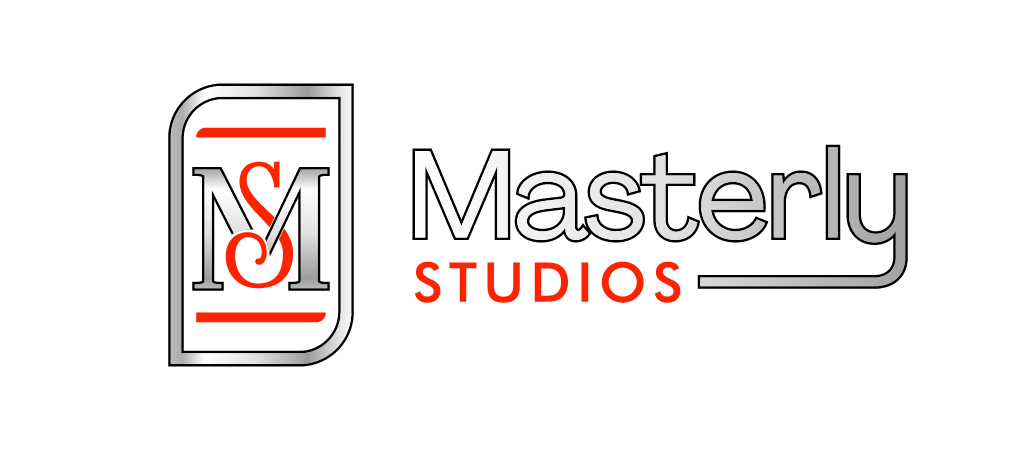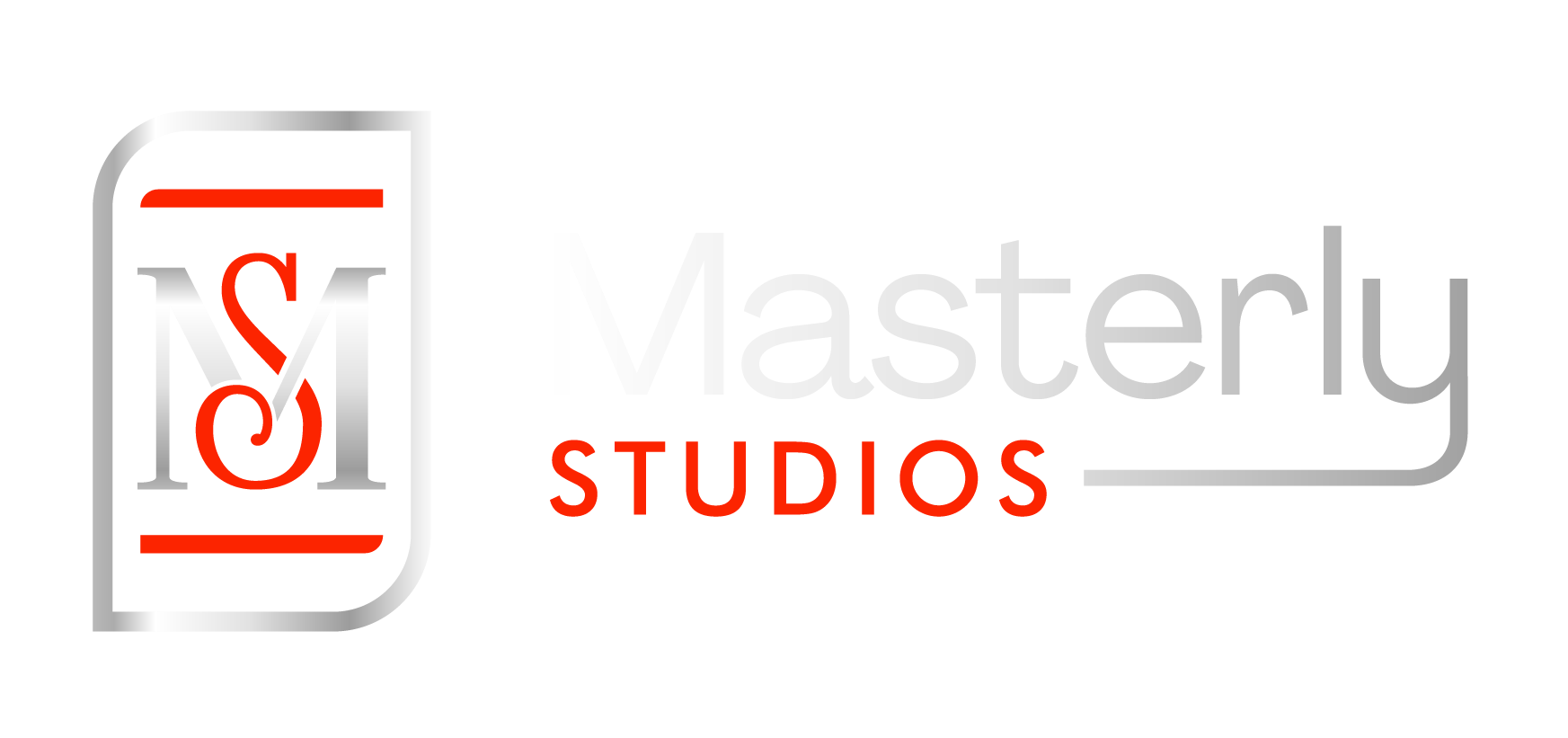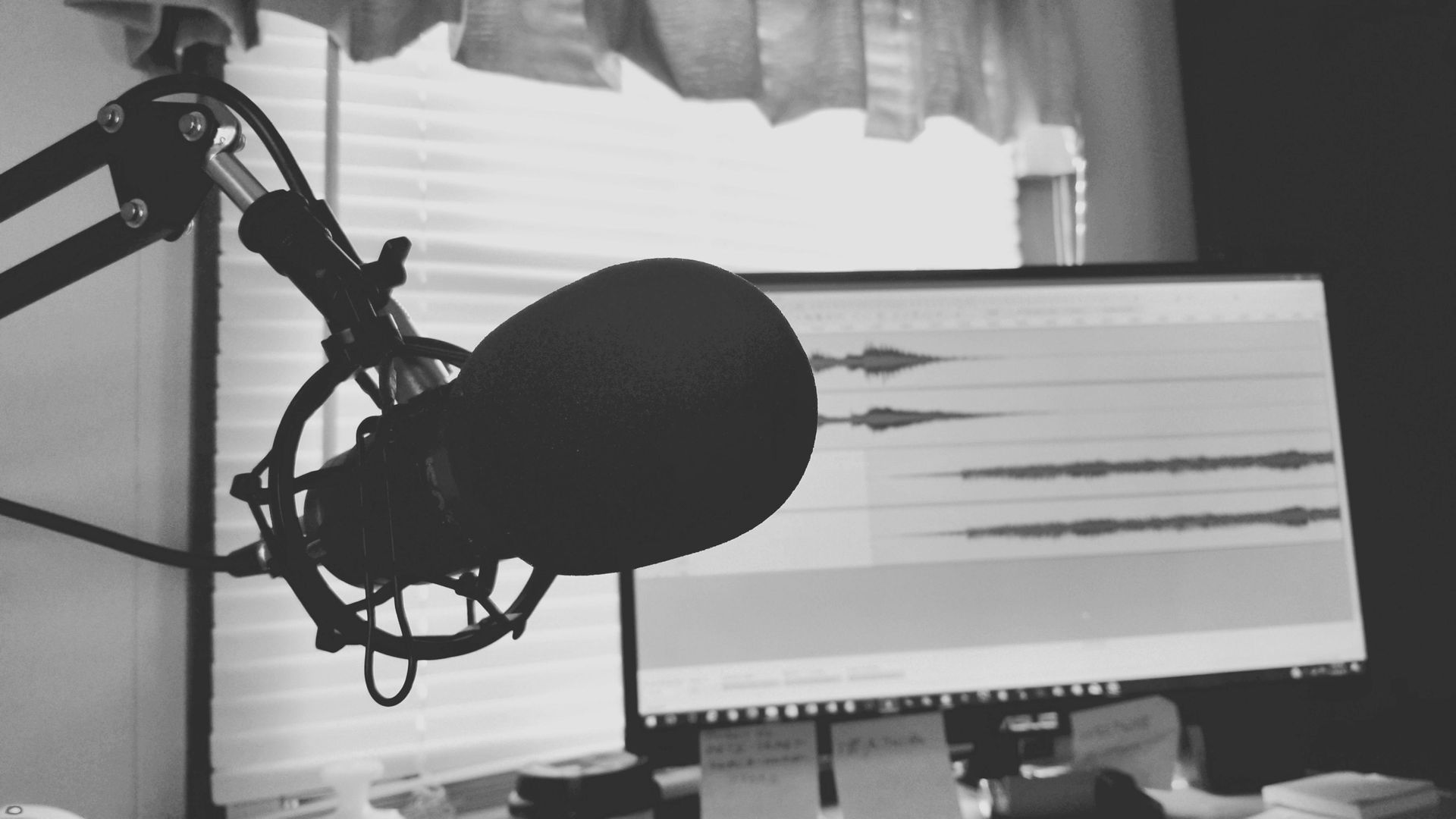MASTERLY STUDIOS
Legal Aspects of Podcasting
Podcasting is one of today’s most powerful platforms for storytelling, education, and entertainment. But along with creative freedom comes legal responsibility. Every podcast episode you publish is subject to copyright laws, intellectual property laws, and rules set by rights holders. Using intro music, outro music, or even short audio clips without proper licensing can lead to copyright infringement, legal action, and costly penalties.
Why Legal Knowledge is Essential for Podcasters

Podcasting isn’t just about hitting record. Every piece of copyrighted material you use comes with rules. Whether it’s an artist’s song, record label track, or an audio clip from a movie, the law applies. Copyright protection doesn’t disappear just because a piece of content is easily available online. In fact, ignoring permissions or failing to obtain a sync license can result in statutory damages and financial loss.
Fair use is often misunderstood. Many podcasters assume they can use music or clips for free if it’s “just a few seconds.” This is a common misconception. The four factors of fair use (purpose, nature, amount, and potential market impact) determine whether use is fair—and in most cases, podcasters need to secure proper rights. Fair use in podcasts might apply to news reporting, commentary, or education, but due diligence is always your best bet.
Key Legal Issues Covered in the Workshop
Our Legal Aspects of Podcasting Workshop provides detailed guidance on how to avoid copyright violation while producing great content.
Copyright Laws and Intellectual Property
- Understanding intellectual property and how copyright laws apply to podcasts
- Protecting your own podcast episodes so they’re fairly compensated and not misused by others
- How common law copyright and the Copyright Act provide copyright protection for creative works
Music Licensing for Podcasts
Choosing the right music is one of the biggest legal hurdles. Whether you’re selecting intro music, background music, or outro music, you need a proper music license. We cover:
- How to license music from music publishers or a record label
- Using royalty free music and Creative Commons licenses for a more cost-effective option
- The process of licensing copyrighted music for podcasts versus public domain works
- What happens when music is no longer protected by copyright and enters the public domain
Fair Use and Podcasting
We explain the rules around fair use podcast music, including:
- Using content in news reporting or commentary without violating rights
- Why music review podcast fair use has limits
- How courts analyze whether use of a song affects the potential market for the copyright holder
- Why giving credit alone doesn’t replace permission to use copyrighted works
Copyright Infringement and Legal Consequences
- How copyright infringement law protects copyright owners and copyright holders
- What happens if you ignore the rules, including legal action, fines, and statutory damages
- Why most cases of podcasting disputes involve music use without a license
- How to avoid risks through due diligence and working with a copyright law attorney
Common Myths About Copyright and Podcasting
Many podcasters fall for common myths about copyright. It’s worth noting:

List of Services
-
List Item 1
Giving credit is not enough – you still need permission.
-
List Item 2
Short snippets are still protected by copyright.
-
List Item 3
Fair use is not automatic—it’s analyzed under the four factors.
-
List Item 4
Using content for commercial purposes requires a proper license in most cases.
-
Creative Commons and royalty free music are helpful, but not all are free for podcasts.
By paying attention to these details, podcasters can avoid expensive mistakes and focus on creating quality shows.
Who Benefits From This Workshop?
This workshop is designed for:
Why Masterly Studios in Atlanta?

At Masterly Studios Buckhead, we combine professional recording facilities with expert legal guidance. Our team helps podcasters understand intellectual property laws, work with music publishers, and secure the right music legally. Whether you need help with music licensing services, sync licenses, or advice from a copyright law firm, our workshop ensures you have the tools to protect your content.
Frequently Asked Questions
1. Do podcast creators need a music license to play music in their podcast episodes?
Yes. All podcast creators must understand that songs, sound effects, and even short audio clips are protected by copyright. Without the proper music license, using a track from a record label or music publishers can be considered copyright infringement. Even intro music, background music, or outro music is subject to the Copyright Act and intellectual property laws. While some royalty free music or Creative Commons works are available, due diligence is key to avoid a copyright violation. The safest route is to work with music licensing services to obtain permission and ensure artists are fairly compensated.
2. Can I rely on fair use when playing music or audio clips in my podcast?
Fair use law is one of the most common myths among podcasters. Many assume that short snippets or giving credit automatically protects them, but that’s a common misconception. Courts apply the four factors test—purpose, nature, amount used, and effect on the potential market—to determine whether a use is fair. While fair use may apply to news reporting, commentary, or parody, most cases require proper licensing. If your podcast is for commercial purposes or is making money, the safest approach is to license music instead of assuming it qualifies as fair use. Ignoring these rules can lead to legal action, statutory damages, and costly disputes with the copyright holder.
3. What are the best options for choosing music legally for my podcast?
When choosing music for your podcast, you have several options. You can work with music licensing services to license music directly from music publishers, record labels, or independent artists. Using royalty free music or works in the public domain can be a cost-effective solution, but podcasters must still review the form of license carefully. Creative Commons licenses are another option, though not all allow commercial purposes or making money. In most cases, the best bet is to secure a clear sync license or direct permission, ensuring your content is protected by copyright protection while avoiding conflicts. This gives podcast creators confidence their ideas can be heard legally while respecting the rights of the original artist.
Take Action: Protect Your Podcast Today!
Most podcasters don’t realize the legal risks until it’s too late. But with the right knowledge, you can create freely, avoid copyright infringement, and ensure artists are fairly compensated. Whether you’re choosing free music, working with a record label, or negotiating with copyright holders, our workshop gives you clarity.
Learn how to stay compliant with copyright laws for podcasts, secure the proper music license, and build your show on a legally sound foundation.




